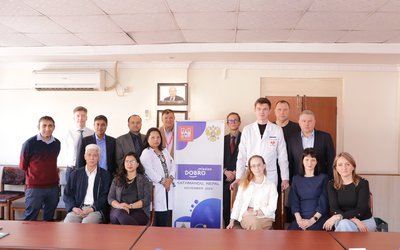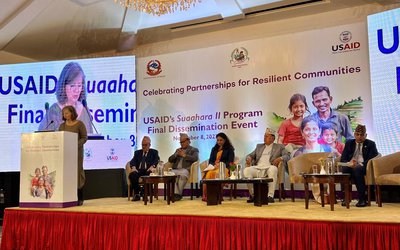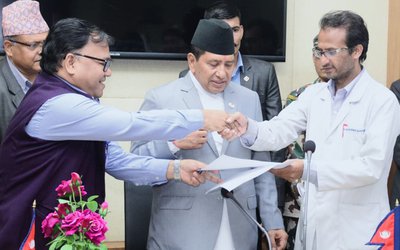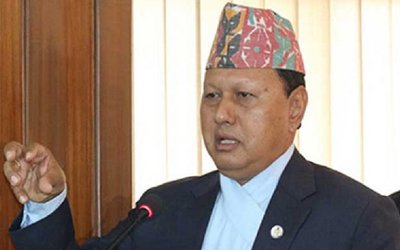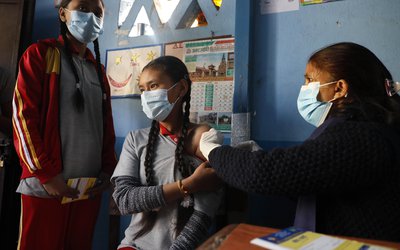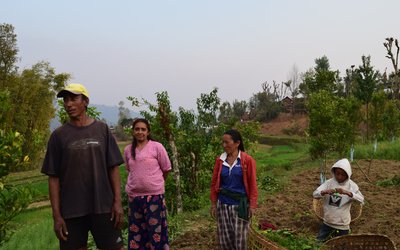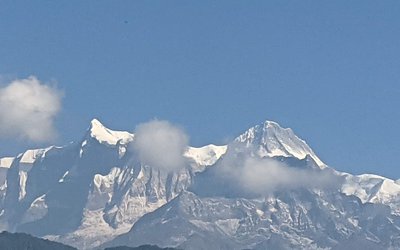The assumption that doing medical screening tests can help find a disease early enough and save lives is not always true. In fact with myriad of screening tests made available to avoid future diseases, screening tests have become a confusing and conflict-ridden issue. A good example is ovarian cancer screening tests. Recently the US Preventive Services Task Force (a body designated to advice on the validity of screening tests) stated that women with the average risk of acquiring ovarian cancer should not be screened for the disease. The American Cancer Society concurs.
The no- screening recommendations were based on a large scale study of 78,000 women aged 55 to 74 who were followed up to about 13 years. Half of these women were screened with ultrasound examination and blood tests ( which include studying biological markers for cancer), and the other half were not screened. Surprisingly at the end of the study period of 13 years there was no differences in death rates from ovarian cancer in the two groups. Crucially, 10 % of those screened ( about 3,200 women in the study) had “false-positive” results which lead to over a thousand women requiring unnecessary surgery to remove their ovaries. Obviously there were complications from the surgery such as infections and blood clots. What happened?
The ultrasound revealed benign ovarian cysts which were not able to be distinguished from malignant cancer without surgery. Furthermorethe blood markers which were supposed to detect cancer were sometimes elevated for reasons other than cancer, not an uncommon finding with screening tests.But habits die hard and many doctors continue to screen for ovarian cancer, regardless of these findings or recommendations. Unfortunately these controversial screening tests are not limited to ovarian cancer alone. Controversy, for example, rages on about prostate cancer screening tests for elderly men. Some studies have shown some benefit for prostate cancer screening tests and many others have not. Even in those with small benefit for cancer survival with prostate cancer, potential harm from biopsies, overdiagnosis ( finding cancer that would never become clinically detectable) and treatment complications have to be strongly considered.
In all this confusion about screening tests, it is almost tempting to be a fatalistic Nepali and not do anytests. But that would be counterproductive because there are many, well-established, useful screening tests for appropriate age groups such as PAP smears, colonoscopy, dermatological check for melanoma, and ultrasound screening for aortic aneurysms to name just a few. If your budget allows ( as there is no universal insurance in “hamro” Nepal), these tests are indeed useful.

Buddha Basnyat MD
Buddha Basnyat, MD, MSc, FACP, FRCP, Director of the Oxford University Clinical Research Unit-Patan Academy of Health Sciences, Kathmandu.
- Altitude Sickness
- Feb 20, 2018
- Post-earthquake Nepal: The Way Forward
- Dec 13, 2015
- The Annapurna Sanctuary
- Nov 29, 2015
- Diarrhea at the Summit
- Nov 08, 2015
- Altitude Sickness ( AMS, HAPE, HACE)
- Oct 15, 2015


